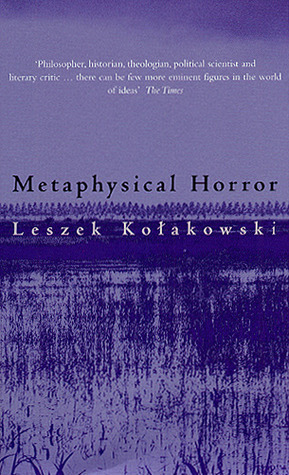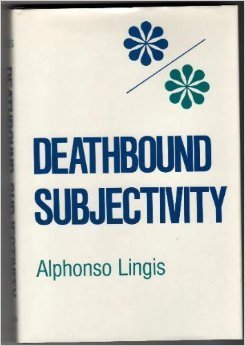
Metaphysical Horror
Book Description
Reality unravels as the boundaries between the known and the unknowable blur in 'Metaphysical Horror' by Leszek Kołakowski. A chilling exploration of existential dread, this gripping narrative delves into the darkest corners of the human psyche, where reason crumbles and fear takes shape. The characters confront their deepest anxieties as surreal visions plague their nightmares, twisting relationships into a web of suspicion and despair. Amidst the chaos, a haunting question lingers: what if the greatest horrors are not those that lurk in the shadows, but those that dwell within? How far would you go to escape your own mind?
Quick Book Summary
"Metaphysical Horror" by Leszek Kołakowski is a profound exploration of the philosophical dimensions of human existence, focusing on the existential anxieties that arise from confronting the unknown and unknowable aspects of reality. Kołakowski investigates core metaphysical questions about selfhood, God, and the nature of reality, tracing how humanity’s search for meaning is inevitably overshadowed by the threat of nihilism and the limits of human reason. Through clear yet thought-provoking prose, he dissects the psychological impact of metaphysical uncertainty, emphasizing that the most profound horrors are rooted in the mind’s confrontation with meaninglessness and finitude. Ultimately, the book urges readers to face these horrors not through avoidance, but through an honest reckoning with the mysteries that lie at the heart of existence.
Summary of Key Ideas
Table of Contents
The Role of Metaphysical Anxiety
Kołakowski begins by identifying metaphysical anxiety as a uniquely human experience—the unease that arises when individuals confront the deepest mysteries of existence. Unlike everyday fears, metaphysical horror centers on the unsettling realization that many fundamental aspects of reality may be forever beyond our comprehension. This anxiety emerges in moments when the stable boundaries between the known and the unknown collapse, leaving individuals vulnerable to existential dread.
Human Limits and the Unknowable
Central to Kołakowski’s analysis is the recognition of human cognitive limits. He discusses how the desire for certainty and clarity is inevitably frustrated by the inherent unknowability of certain metaphysical questions—like the nature of the self, the ultimate foundation of reality, or the existence of God. These questions are not simply unsolved puzzles, but may in fact be unanswerable, generating a profound sense of horror at the limits of human understanding.
The Search for Meaning and the Threat of Nihilism
Kołakowski investigates the persistent human quest for meaning in a world marked by ambiguity and potential meaninglessness. He argues that when structures of belief fail to provide satisfactory answers, individuals may encounter the threat of nihilism: the conviction that life lacks purpose, coherence, or value. The terror generated by this possibility is a central theme of the book, emphasizing how the fear of meaninglessness haunts modern thought.
Selfhood and the Problem of the Mind
A critical part of Kołakowski’s argument is his examination of selfhood and the mind. He contends that the opacity of one’s own consciousness—the inability to grasp the self fully or to bridge the gap between subjective experience and objective reality—exacerbates metaphysical horror. The mind’s confrontation with its own limitations becomes a crucible for despair, where rational analysis falters and anxiety deepens.
Religion’s Response to Existential Horror
In considering possible responses to metaphysical horror, Kołakowski turns to religion. He explains how religious traditions have historically offered frameworks to cope with existential terror, supplying narratives that render the unknown at least partially intelligible. Yet, he remains critical of easy consolations, suggesting that genuine confrontation with metaphysical horror requires intellectual honesty rather than dogmatic acceptance. In the end, Kołakowski invites readers to face the chilling mysteries of existence with courage and humility.
Download This Summary
Get a free PDF of this summary instantly — no email required.





